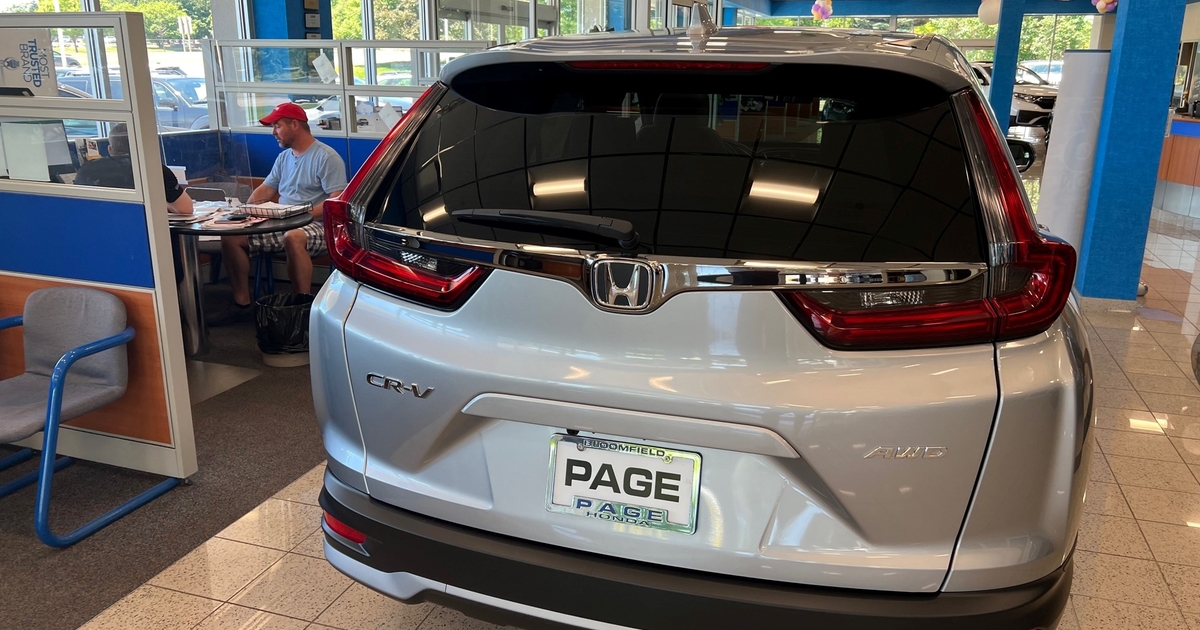
American Honda saw second-quarter U.S. sales slide 51 percent to 239,789 as the automaker continued to battle supply issues, which it called especially “severe” during the period.
Combined Honda and Acura sales fell 54 percent to 71,048 in June. Through the first six months of the year, the brands logged combined deliveries of 506,207 sales, a decrease of 39 percent.
As both brands juggle inventory challenges, they are rolling out a plethora of new and redesigned models.
Mamadou Diallo, vice president of sales for American Honda, said in a statement that production and sales associates were working “tirelessly” to meet consumer demand with such a large number of updated products coming online.
Honda’s redesigned, second-generation HR-V subcompact crossover arrived on dealership lots in June and racked up 6,000 customer pre-orders. The new Acura Integra was a highlight last month, becoming the brand’s top-selling car.
Supply issues limited sales of the Acura MDX and RDX crossovers.
“With strong turn rates of up to 90 percent for core Honda and Acura products, it’s clear that success is a relative term in today’s business environment and sales volume is not the best measure of true customer demand,” Diallo said.
Brands: Honda, down 54% to 63,864 in June and off 51% to 215,165 in the second quarter; Acura, off 55% to 7,184 in June and down 51% to 24,624 in the second quarter. Honda’s first-half sales slid 39% to 453,347, and Acura’s first-half deliveries dropped 40% to 52,860.
Notable nameplates: Honda Accord, down 30% in June; Civic, off 54%; CR-V, down 45%; Passport, down 25%; Pilot, off 19%; Acura MDX, down 36%; RDX, off 49%
Incentives: $818 in the second quarter, down 62% from a year earlier, according to TrueCar
Average transaction price:$37,479 in the second quarter, up 16% from a year earlier, according to TrueCar
Fleet mix: Honda’s fleet sales are historically run below 2% of overall volume and are based primarily on dealer sales, rather than a company program. Since COVID-19 and supply issues, such sales have grown even smaller, the company says.